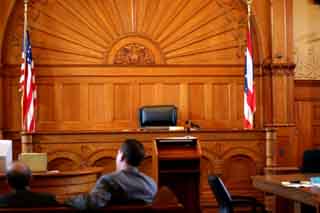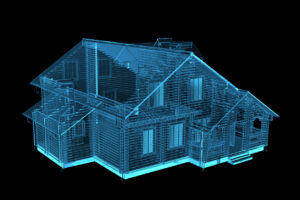Experts and Deposition
Experts and deposition come hand and hand. A deposition is much more than merely discovering an expert’s thoughts. It is an opportunity for counsel to measure the expert’s personality, judge the degree to which a topic has been researched, and to explore topics that were not discussed in a deposition and/or disclosure.
However, experts can prepare themselves for the rigors and scrutiny of deposition environment. Firstly, preparation starts with file intake and the expectation that deposition and trial testimony are likely to happen. Building in quality controls such as technical review, and well organized notebooks prepare experts for deposition. Technical reviews makes sure that the expert's report is written with no mistakes that can be detrimental to the case. In addition, a well-organized case file notebook can ensure better recall of opinions and billing activities of the case.
In preparation for deposition, the expert must try to anticipate questions that may be asked about alternate theories. This includes theories that the expert may not believe are scientifically viable. Hypothetical questions can catch an expert unprepared unless time is spent brainstorming possibilities. Additionally, the expert should request to meet with counsel prior to ensure counsel understands how the expert will answer anticipated questions. Finally, an expert must not exceed his/her qualifications, the expert must know their limits and should not answer questions outside his/her areas of expertise.
At CED, our engineering experts have the end game of deposition and trial testimony in mind from the initial call with the client. Make sure your expert manages your expectations for what is needed and call CED today to discuss a plan to move forward.
Related Articles
What you should expect from your expert.
Why a well Trained Forensic Engineer can really Help your Case
Featured Expert







